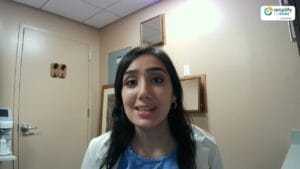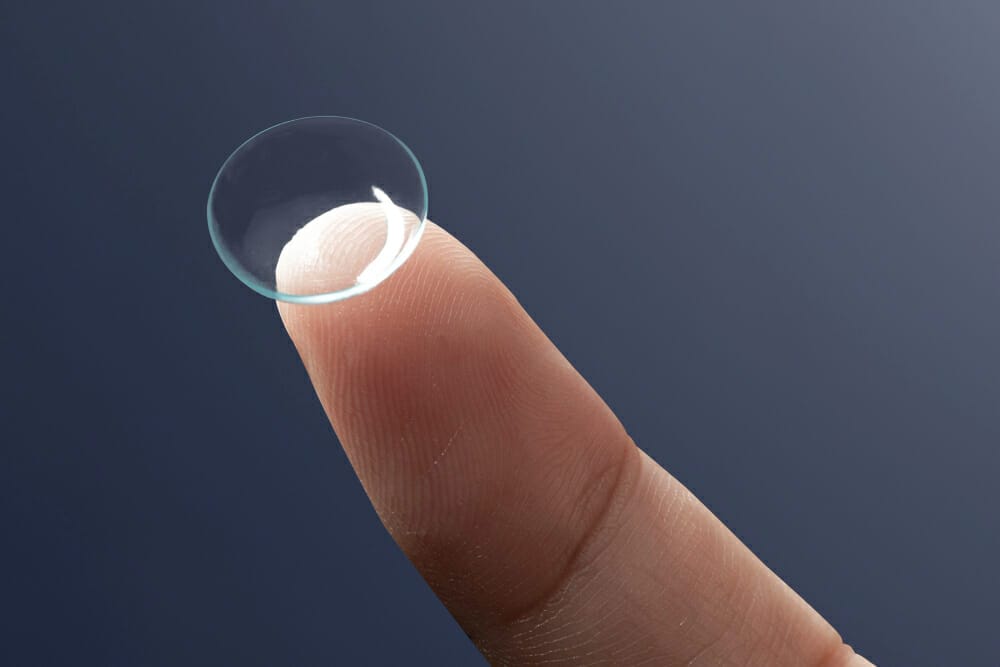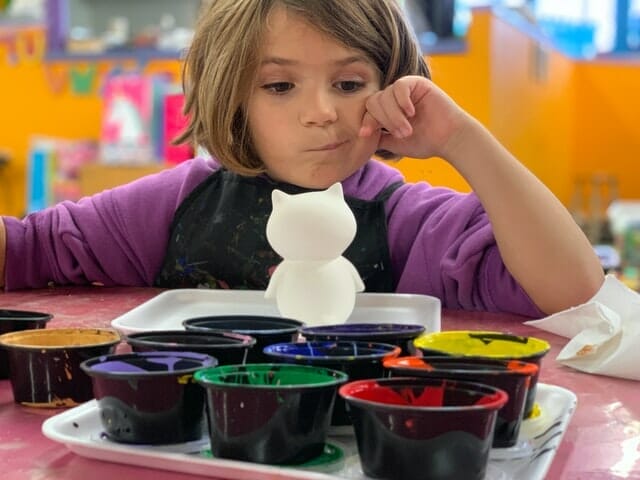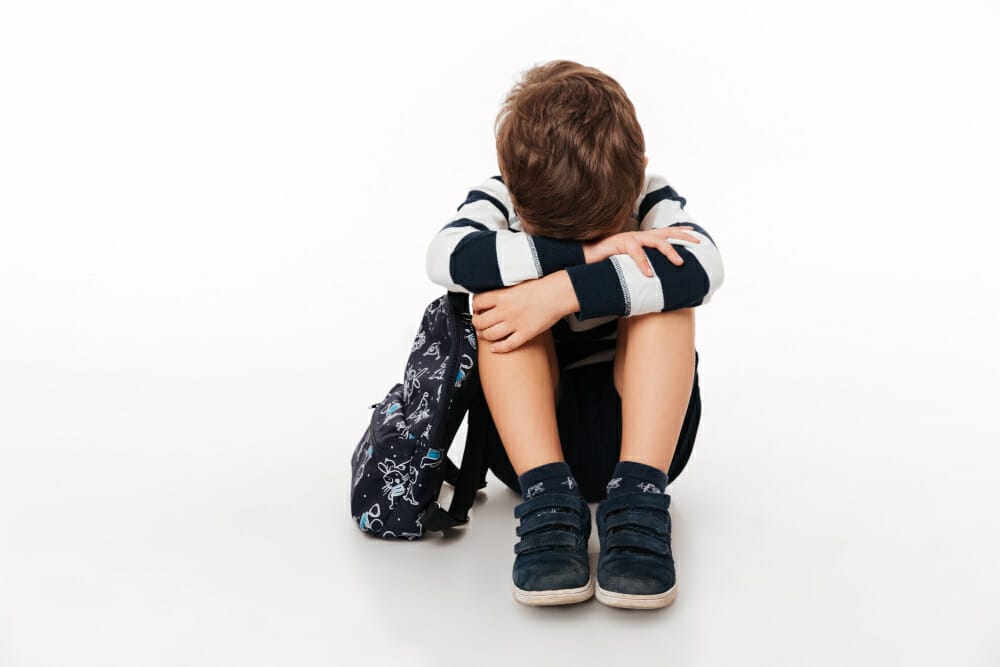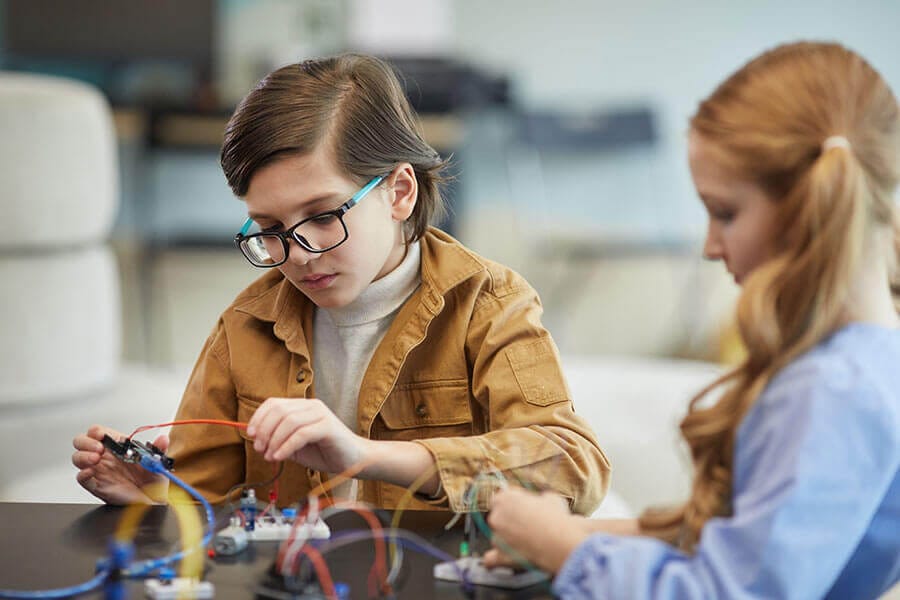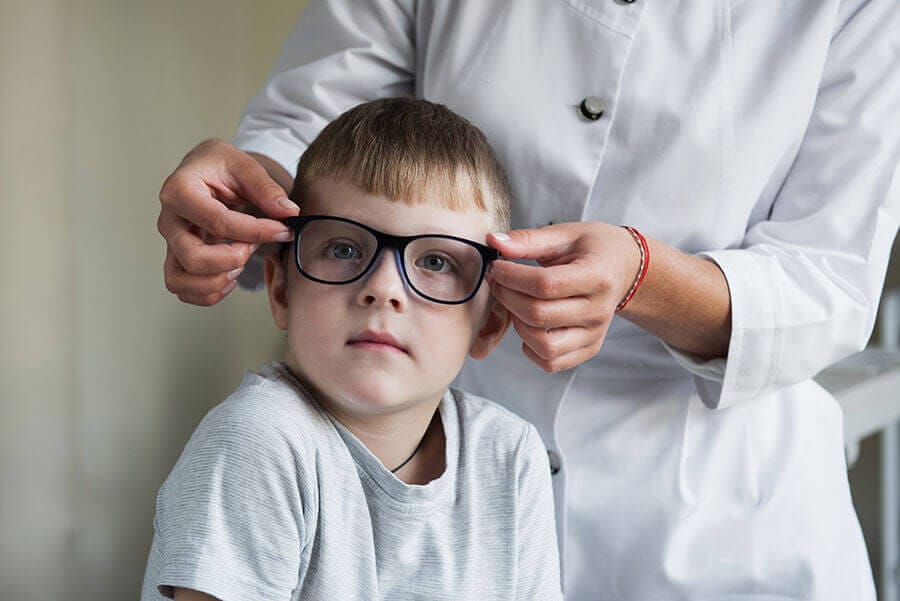Typically when determining whether kids are a good contact lens candidate, it doesn't really have to do so much with age, but more so with their maturity levels. In fact studies have shown that younger kids are actually less prone to contact lens associated problems than teenagers. There can be various types of contact lenses that are great for younger kids. If a child is part of the myopia management program, they typically do well in the hard ortho-keratology lenses or soft daily disposable multifocal lenses. What’s great about the daily disposable contacts is that it allows the child to wear a brand new pair of contacts every morning, so this minimizes the risk of infections and other problems that may be associated with wearing contact lenses. Soft contact lenses are also more comfortable on the eyes. However, each eye is different so it’s important to have a proper contact lens evaluation to see which contact lens is best for the child’s eye.Typically when determining whether kids are a good contact lens candidate, it doesn't really have to do so much with age, but more so with their maturity levels. In fact studies have shown that younger kids are actually less prone to contact lens associated problems than teenagers. There can be various types of contact lenses that are great for younger kids. If a child is part of the myopia management program, they typically do well in the hard ortho-keratology lenses or soft daily disposable multifocal lenses. What’s great about the daily disposable contacts is that it allows the child to wear a brand new pair of contacts every morning, so this minimizes the risk of infections and other problems that may be associated with wearing contact lenses. Soft contact lenses are also more comfortable on the eyes. However, each eye is different so it’s important to have a proper contact lens evaluation to see which contact lens is best for the child’s eye.


